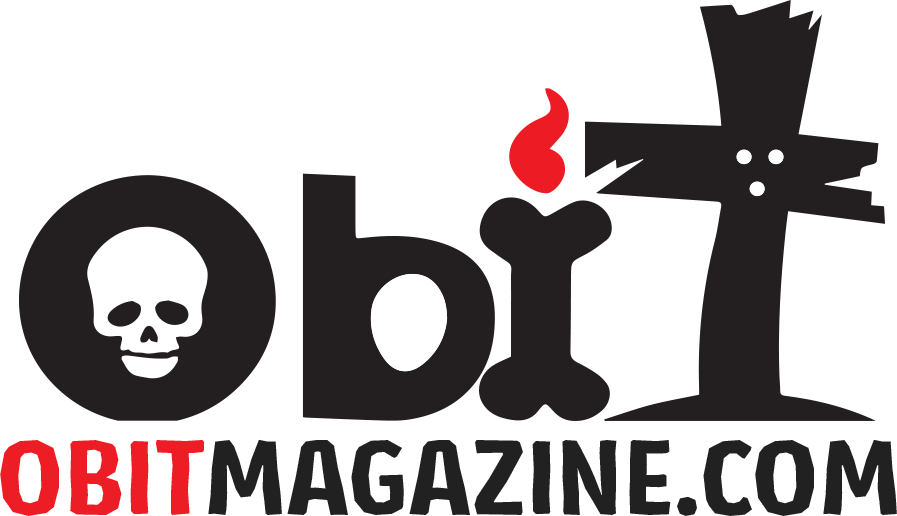I discovered Joe Frank in probably the best—and most Joe Frank-like—way possible: by accident. It was a late summer night in late 70s, and I was home. Nothing on TV, not in the mood to read, and I started twisting the dial on my radio, looking for something to catch my ear. Then I heard Joe’s voice: that deep calm you expected from radio voices, but with a mischievous, quizzical quality around the edges. You could almost hear his eyebrows raise as he talked, although his speech remained conversational, sonorous, reportorial. And the background—crowd noises, space winds, a faraway, tinkling jazz piano—put the story in its own sonic universe. It seemed to come from a world that resembled my own, but more magical; a place where happenstance and surreal co-mingled. It was Joe Frank, on WBAI. I was hooked.
When I moved to Los Angeles, I was happy to discover he was on KCRW, and Sunday mornings included listening to the satire of Harry Shearer’s Le Show, and Frank’s storytelling, listened to over strong coffee, the Sunday papers spread out on the couch, perhaps a game on the TV with the sound muted.
Frank voice is muted now as well; National Public Radio is reporting that Joe Frank died yesterday. If you’re a fan of This American Life, or podcasts such as Serial, or Mind of a Murderer, take a moment to remember Joe Frank, the trailblazer who imagined that kind of narrative radio.
Give a listen to “Reality Check,” a 2013 piece he produced for NPR’s Unfictional. Or check out “No More My Lord,” from the collection Bad Karma. It begins with the sentence “I’m sitting at a dinner party attended by Pol Pot, Hitler, Stalin, and Mao.” If that doesn’t get your attention….

Leave a Reply